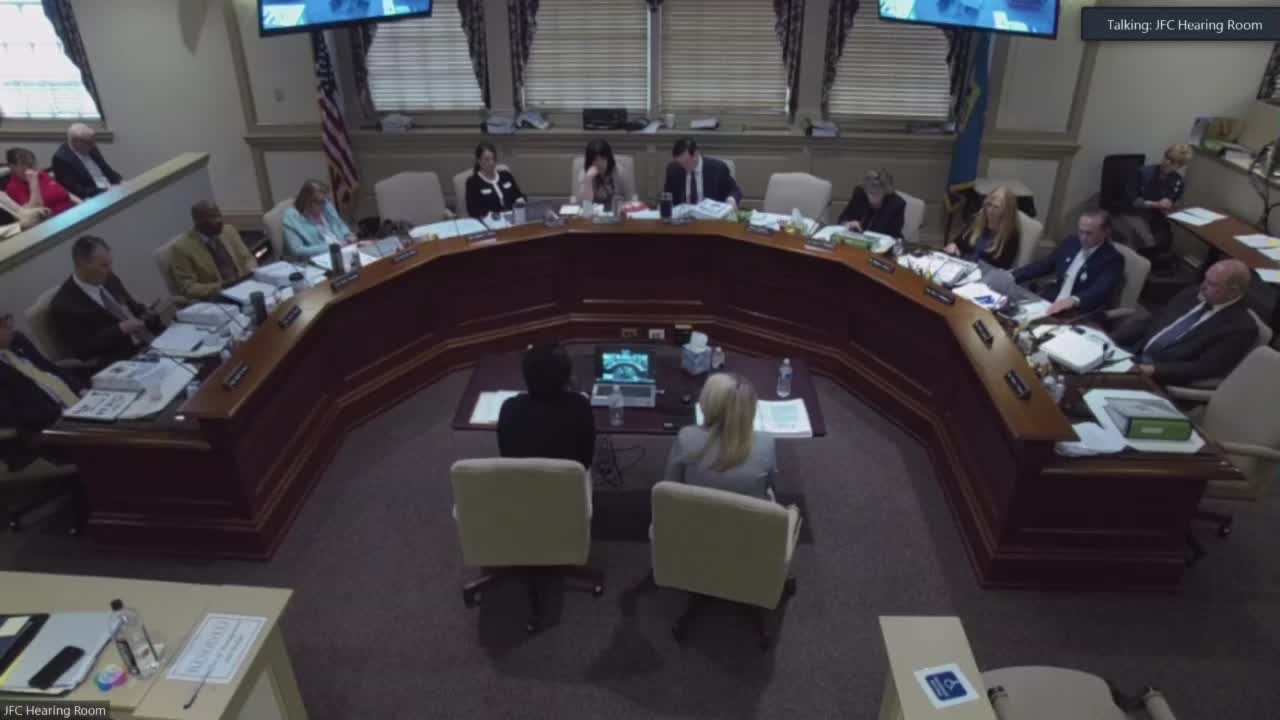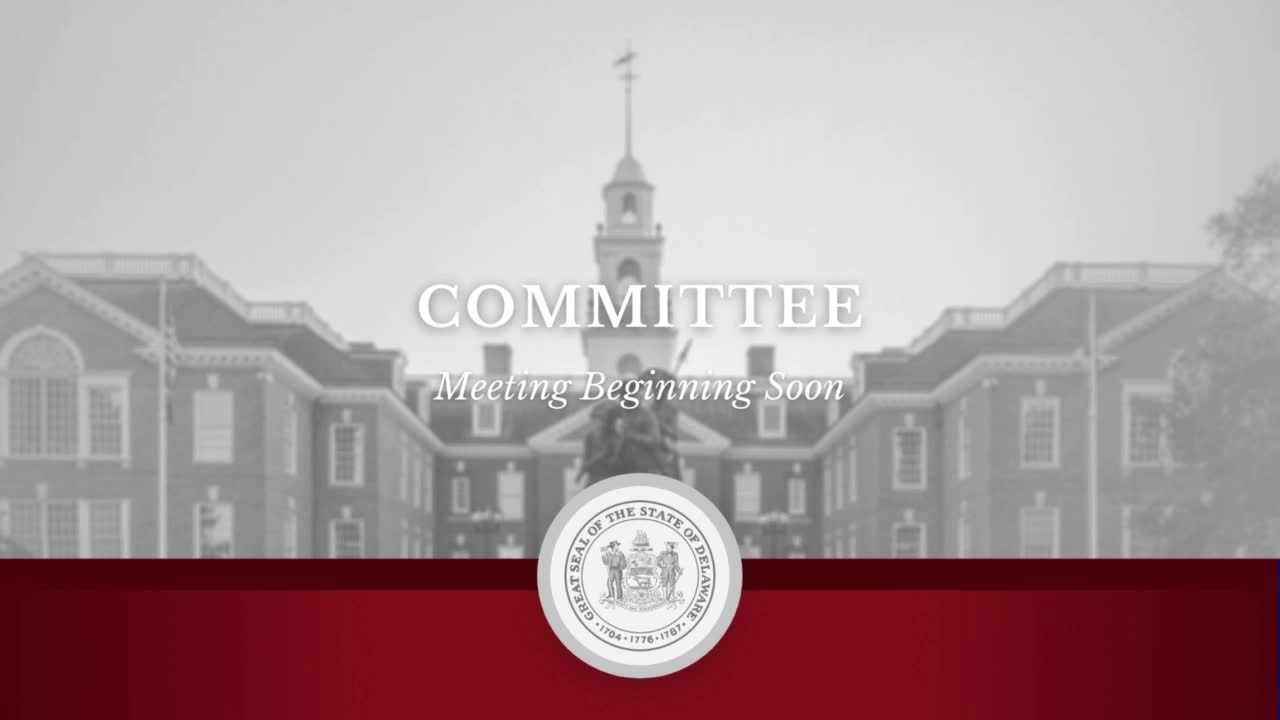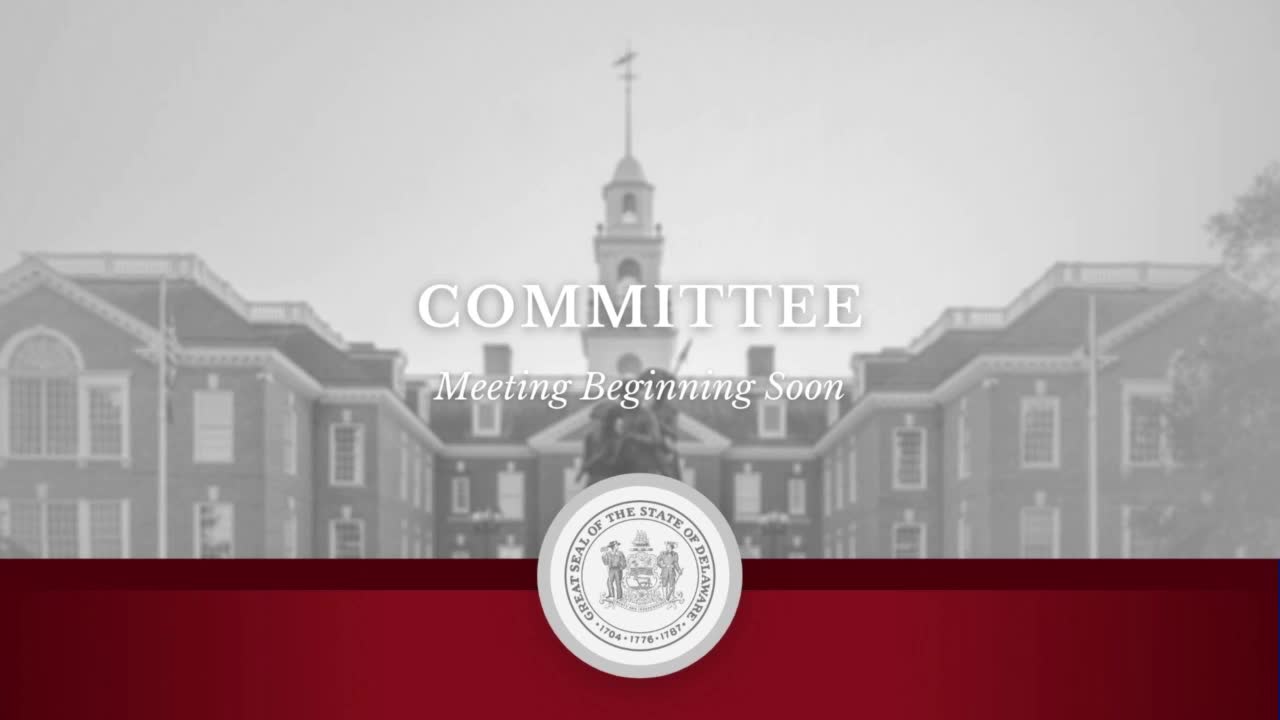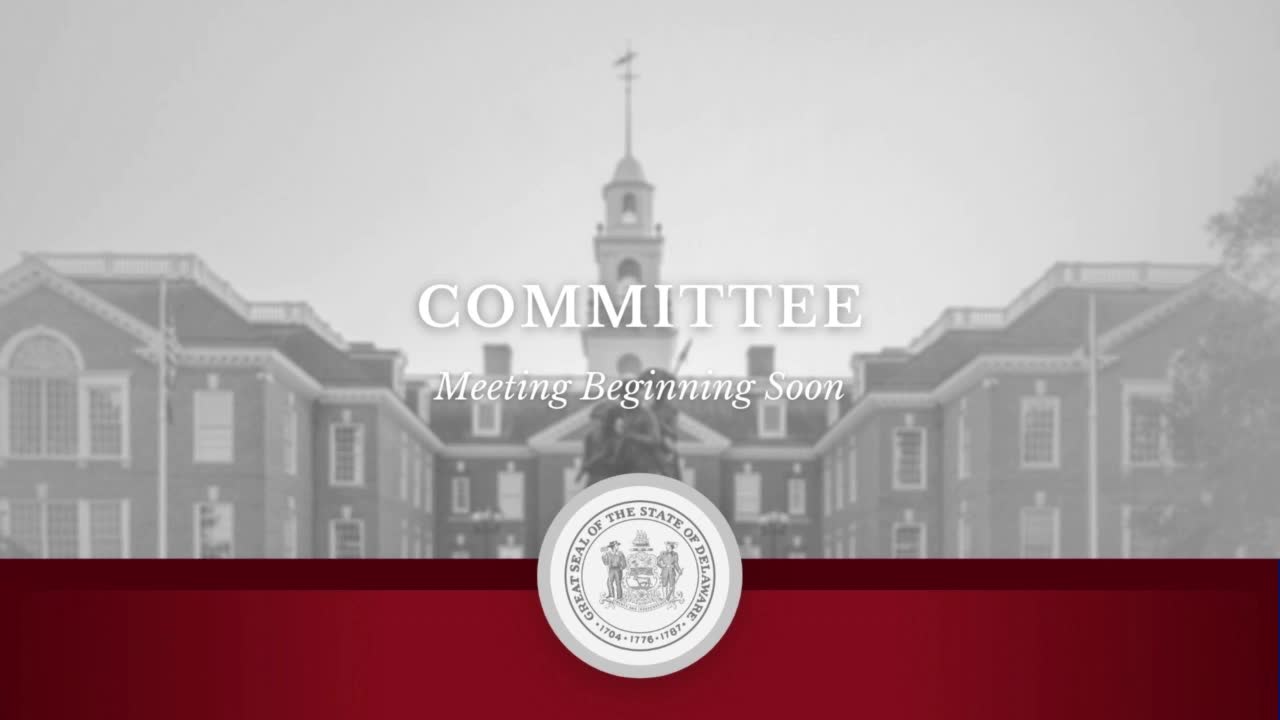Article not found
This article is no longer available. But don't worry—we've gathered other articles that discuss the same topic.

Senior centers warn reimbursement shortfalls threaten transportation services; rail safety advocates seek more education funding

DelDOT projects tighten as fuel‑tax prospects and paving backlog reshape FY26 plan

Delaware National Guard highlights deployments, cyber and recruiting gains as FY26 requests filed

